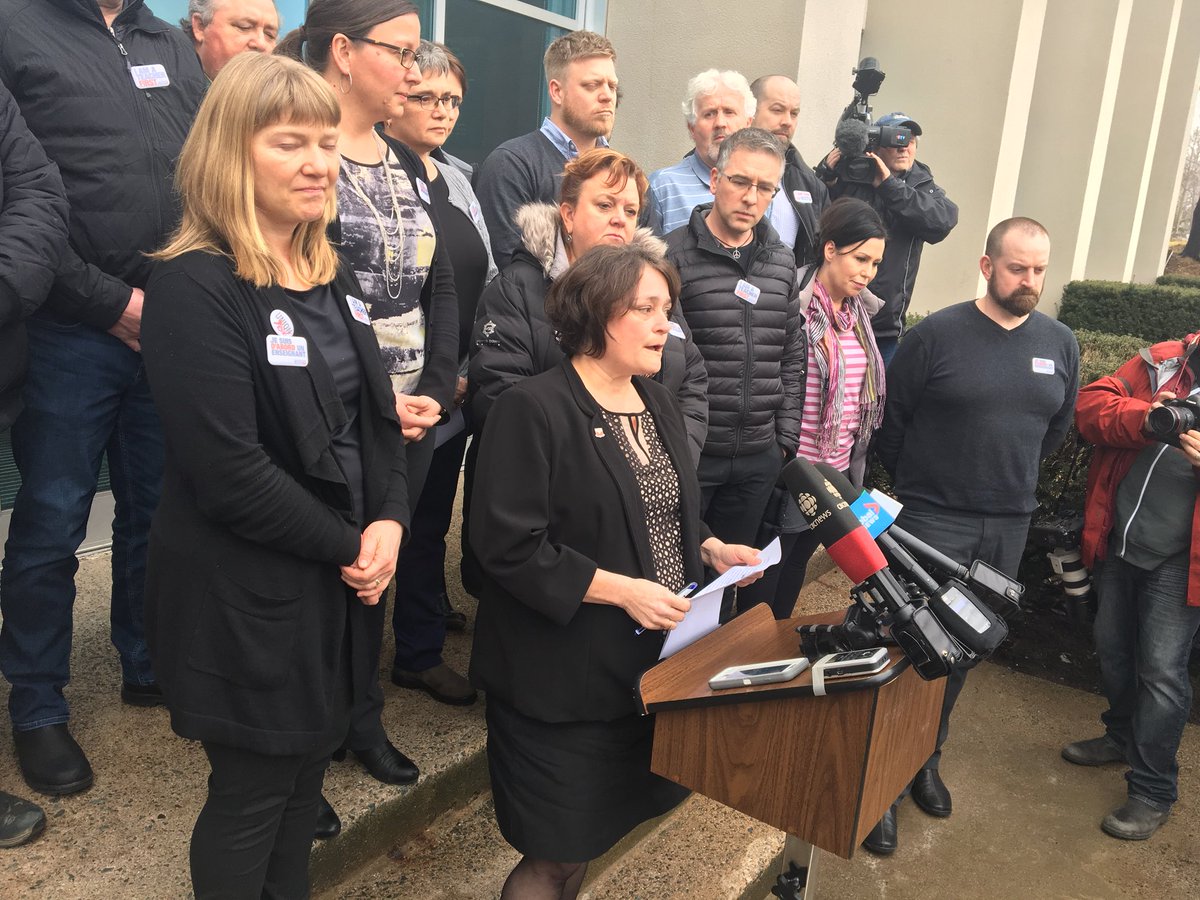Striking Teachers Don’t Do It for the Children

Prioritizing teacher whims over student needs is damaging education and impeding innovation in Nova Scotia, Canada.
During the 1980s, the provincial government built a bureaucratized welfare system for teachers, administrative staff, and principals, in conjunction with the Nova Scotia Teachers Union (NSTU). The outcomes have been anything but the stated purpose of raising public-school standards.
Now that limited accountability is arriving, the NSTU has voted to engage in an illegal strike against the recent education reforms. They plan to abandon 118,000 students.
The vote on February 20 saw almost 80 percent of Nova Scotia public-school teachers favor the strike against reforms recommended by education leader Avis Glaze. His objective, as explained in “Raise the Bar,” is to empower teachers and principals to make the system coherent and responsive to needs. It seeks to give them more freedom to teach their own ways and control their own classrooms, reducing top-down administrative interference.
To do so, Glaze suggests a major shift in the governance model, removing authority from the union, eliminating school boards, creating a college to license and regulate teachers, and increasing accountability.
NSTU President Liette Doucet has stated that she and fellow members want the best for children, and that they will even strike for that reason. However, by law, the union is not allowed to strike, and teachers are not allowed to halt work, so they are undertaking lobbyist functions. As explained by the classical-liberal Atlantica Party, union members “would have to formally register as lobbyists, and thus would be held accountable to provincial legislation governing lobbying.”

When one examines the reforms in detail, the actual motivation of the NSTU is to continue enjoying taxpayer-funded benefits. The union is jealous of its power, which it uses to conceal poor administration and lackluster outcomes of the current education system.
One of the reforms that has caused particular concern for the union is that principals, vice-principals, and supervisors have one year to choose between leaving the union or standing down and returning to roles as straight teachers. Lois Landry, principal of Richmond Education Centre and Academy in Louisdale, Cape Breton, explained to the Chronicle Herald that she would prefer to return to teaching, even at a lower wage, because being part of the union ensures the pension she has been working for.
The provincial government will abolish locally elected school boards that have not improved accountability. Consequently, the government will save approximately $1 million per year and will empower unpaid local advisory councils integrated with principals, teachers, parents, and community members. Minister of Education Zach Churchill explains that the members of the council, who know the needs of the community, will have more say in school decision making.
A new report from the Atlantic Institute for Market Studies, released on February 26, goes further and recommends reducing school governance to simply two levels: the department and the school, to “improve student outcomes, streamline administration, and increase community ownership over schools.”
This pending strike is only one of many actions taken by the union, which demonstrate its broken, unhealthy relationship with the Nova Scotia government. Meanwhile, as it seeks to block performance accountability and fiscal oversight, it ignores that students are the victims of this dispute. Students and parents want both parties to come to a fruitful agreement soon, so they can continue with the normal activities of public schools in the short run and garner improved performance in the long run.
However, the NSTU knot will be difficult to untie. Unfortunately, the Nova Scotia government handed over too much power to the NSTU and allowed it to set professional standards. It has monopolized government education in the province—elementary to high school—and imposed its conditions and higher wages, all while hampering general organization at the expense of the children. They have for many years, for example, opposed standardized tests that would measure student performance and allow more precise comparisons with other jurisdictions.
Perhaps this quagmire is inevitable in government education. It appears throughout the United States as well and inspired the 2010 documentary, Waiting for “Superman”. The film shone a light on the way unions blocked performance pay and the firing of teachers who failed to generate value for students and parents.
At least the Nova Scotia provincial government is making reforms with the potential to improve the education system, albeit with an obstructionist union. If the union’s monopoly can be broken, the performance-oriented teachers will come forward and thrive, while the others will shy away from the accountability. That is what greater autonomy and the right incentives can do.


